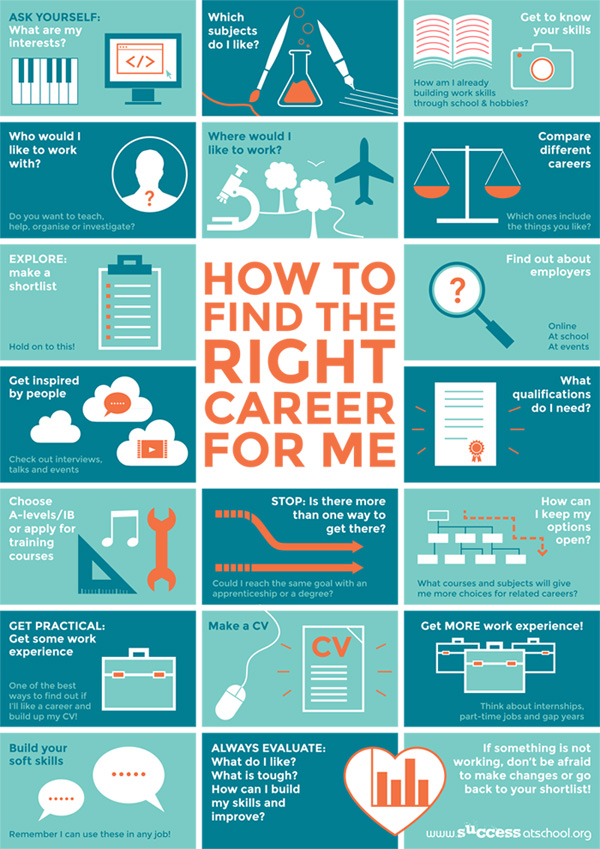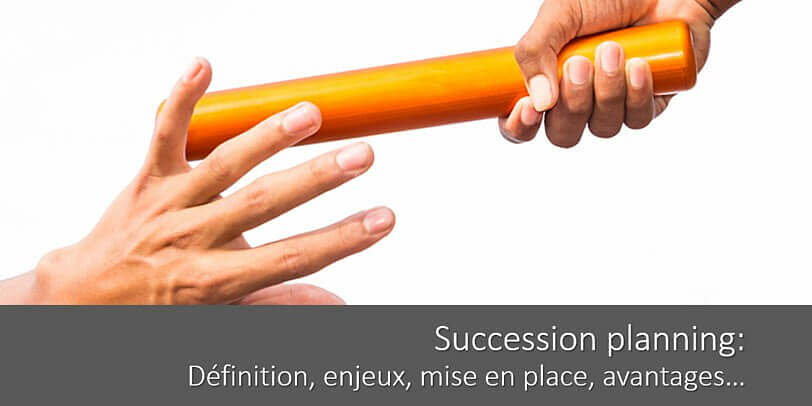
The decision to change your career path is big. There are many things to consider. The first step is assessing your skills and interests. You should also think about budgeting in order to move. A key consideration is how the new profession will impact your family relationships. Talk to your children if you are young before you decide on a career. But if you are already working, it may be difficult to make a change.
Assessment of values, interests, and skills
When making a career move, it is important to examine your talents, values, and interests. For example, you may like helping people or working in a creative environment. But, data entry can be boring. Taking a step back from your career path to understand your interests and values is a crucial first step. You can then brainstorm with others and write down the results of your assessment. You can also keep an organized journal where you record all your career-related ideas.
Although an assessment will not help you determine your career path or make any decisions, it can help to identify areas where you should study more. Some skills are transferable to many careers. It is important to remember that communication skills can be used in many jobs. If you aren't sure what career to choose, consider your strengths. Then develop transferable skills.

Budgeting to fund a career switch
Before you decide to make a career switch, it is important that you understand the financial implications. You could lose out on vacation weeks, tuition reimbursement, bonuses, and tuition reimbursement. Depending on your new job, you may also need to purchase new work clothes and pay for child care. You may also need a downsizing of your home. It is possible to cut down on your monthly expenses, and still have enough money for a career change.
You can also budget the costs associated with membership to societies or associations. You might be able to save money by joining student societies. It is also important to get credentials. These can help you stand out in the job market. These may include tests, classes, or required meetings. These expenses are generally not tax-deductible if you are applying for the same job. Additionally, taxes will apply if you change careers.
Experience a taster career
There are many reasons you might be interested in a career switch. You may have recently changed your career goals or are looking for work that is more fulfilling. Perhaps you've been laid off or moved to a new place. Perhaps you have some ill-conceived expectations of your future career. You're not the only one with these expectations. It can be a great way to experience a new career before making a commitment to it.
First, ask yourself why. Next, you will be able to set reasonable goals and make an informed decision. Maybe you're not looking to change your career completely but are just looking for a new challenge. Consider reaching out for a mentor or career coach to help you evaluate your strengths, and then make the leap.

Calculating the cost for formal education and training
It is crucial to estimate the costs associated with formal education before you commit to a new career. It can be helpful to budget for the costs so you can plan your work schedule around formal education or training. Your education may require you to sell or make some sacrifices. Although it may seem easy, it is important to be ready for any additional expenses.